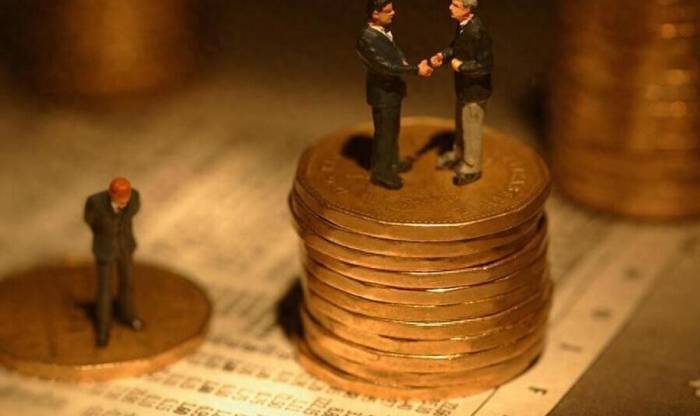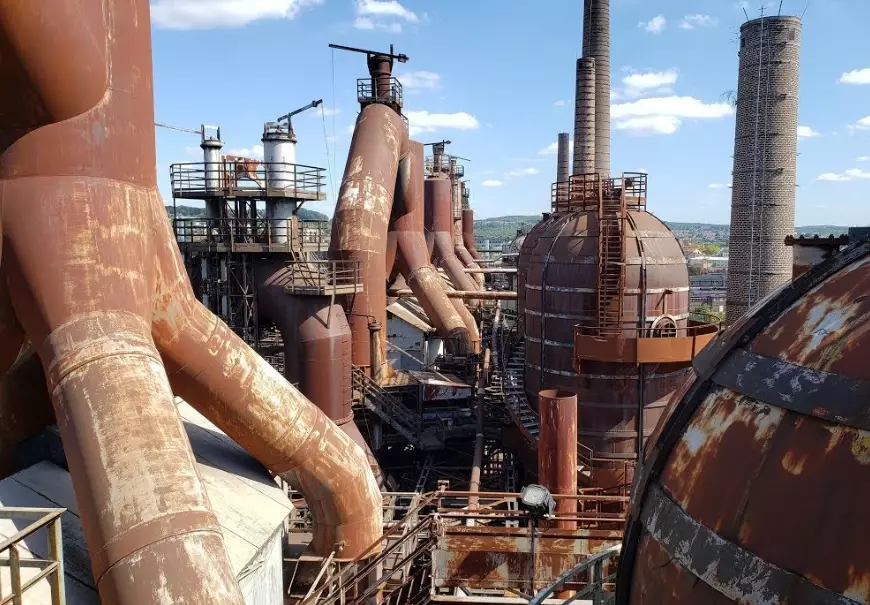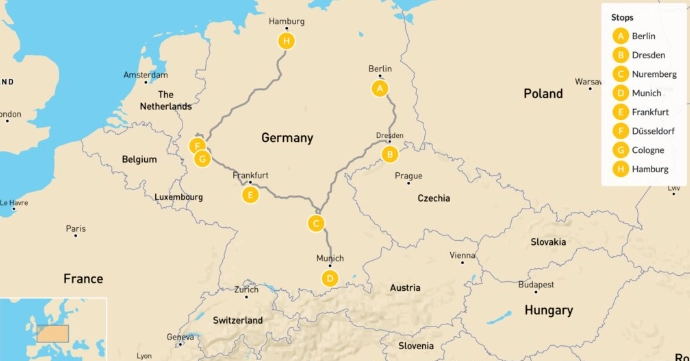Recently, Vietnamese police have abruptly launched an investigation into 32 wind power projects.
Although no further details have been disclosed for the time being, it is believed that this action is closely related to the annual summer power supply shortage in Vietnam, and the Vietnamese authorities may be hoping to crack down on corruption in the power system.
However, the real power issue that Vietnam is facing does not stem from corruption, but from insufficient infrastructure investment.
Currently, Vietnam's economy is facing severe challenges.
Due to the weak economic growth of the United States and the European Union, Vietnam's manufacturing exports have been severely impacted. The State Bank of Vietnam has taken a series of interest rate cuts, but credit growth and GDP growth rates have not yet reached the expected targets.
Vietnam's manufacturing industry is facing issues such as power shortages and declining investments, leading to many international manufacturing enterprises closing down or withdrawing from Vietnam.
Companies like Intel, LG, and Atos have all canceled their investment plans in Vietnam. The insufficient investment environment and policy support in Vietnam have led multinational corporations to look for opportunities in other countries.
International capital's total investment in Vietnam has significantly decreased, with more than 140 trillion Vietnamese dong of funds having withdrawn from the country.
This has created a vicious cycle, where the withdrawal of foreign capital leads to a decline in Vietnam's economic growth, and further reduction in investments in areas such as infrastructure.
The vulnerability of Vietnam's economy lies in its slow economic system transformation, reliance on low-end manufacturing and agriculture, low added value, and weak ability to cope with changes in the external environment.In the recent past, the future economic development has primarily relied on the United States. Due to the so-called risk-mitigation efforts underway in the U.S., many manufacturing orders have been handed over to Vietnam, which has to some extent supported the economic and manufacturing development of the country.
However, the U.S. is now struggling to secure its own position. Predictions from the U.S. Treasury Secretary and the Congressional Budget Office indicate that the issuance of U.S. Treasury bonds and interest expenditures will reach an all-time high. This suggests that the impact of the Federal Reserve's tightening policies on U.S. debt may be more severe than anticipated.
Under these circumstances, the U.S. may employ the dollar tide effect to pass on its debt defaults and deficit risks to other countries. Influenced by this, when the Vietnamese dong recently depreciated significantly, Vietnam's foreign exchange reserves also experienced substantial outflows.
British media have suggested that Vietnam may become a victim of U.S. exploitation. Therefore, for Vietnam, the most critical issue now is how to establish closer cooperation with China to avoid being harvested by the U.S.
Recently, Vietnamese leaders visited China and expressed a desire to cooperate with China on the construction of Vietnam's railway and other infrastructure projects. Moreover, a more explicit signal is that Vietnam has repeatedly proposed its wish to join the BRICS organization. It is clear that Vietnam aspires to be further integrated into China's sphere of influence.
Indeed, this is the correct choice.





























